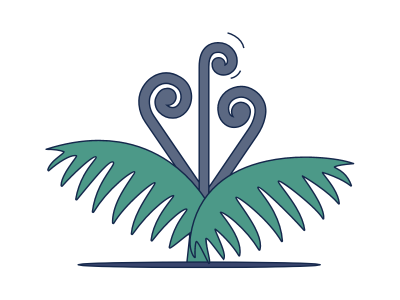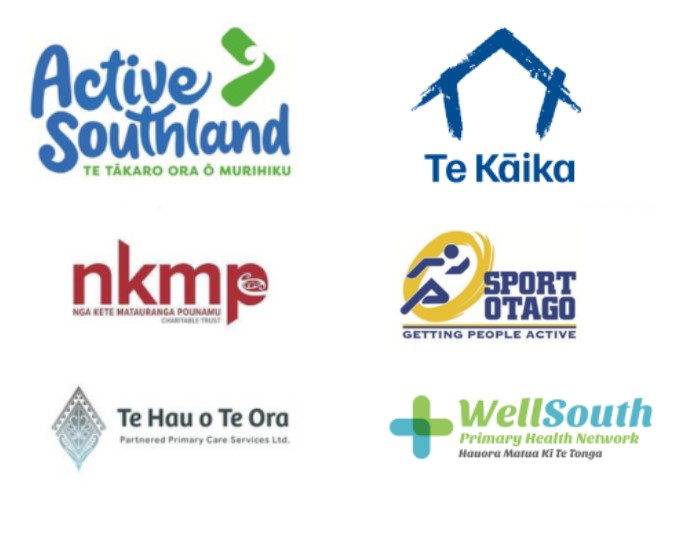
Access and Choice - Tōku Oranga
Tōku Oranga, the Southern Access and Choice programme, offers free wellbeing support with 20–30-minute appointments to help you make decisions about your health and boost your wellbeing.
Tōku Oranga Health Improvement Practitioners, Health Coaches and Community Support Workers are based in many general practices in Otago and Southland. They help problem-solve issues, work through blocks and develop goals alongside you. You will leave your appointment with a plan.
Tōku Oranga is delivered by a collaborative partnership with providers that support the delivery of this program.
To find out if the general practice you are enrolled at has the Access and Choice programme at the medical centre, click on the region below for a list of participating centres.
If you've been affected by 2025 October weather events, find out about Access & Choice and how this wellbeing service can help you cope here.
Health Improvement Practitioners
Health Improvement Practitioners, or HIPS, are qualified and registered health professionals with experience in mental health. They offer 15 to 30-minute free appointments and are part of a general practice team.
When to see a HIP?
You may want to think more positively, sleep better, or learn how to manage anxiety or stress. Or you may want to change habits that are negatively affecting you. HIPs are registered health professionals who can see anyone, including children, youth as well as their whānau, to develop practical skills to boost wellbeing.
How to see a HIP?
HIPs sit within designated general practices. A GP, practice nurse or nurse practitioner may suggest meeting with a HIP in addition to your consultation. HIPs will always try to see you on the same day. Seeing a HIP is FREE. You can also self-refer to see a HIP.
Health Coaches
Health Coaches are also based in general practices and work alongside Health Improvement Practitioners and the general practice teams. Like HIPs, they accept same-day, ‘warm handovers’ from general practice staff.
They come from a range of health and wellbeing backgrounds, supporting people to take positive steps forward for improving their health.
When to see a Health Coach?
To develop confidence and skills to boost your wellbeing and reach personal goals. Health Coaches can help you gain self-management skills for conditions like diabetes, asthma, gout, high cholesterol and blood pressure.
Community Support Workers
Community Support Workers, employed by community agencies, support people with anything that is non-clinical, but which has a large impact on your wellbeing and ability to make progress. The key word is support as they walk alongside people, supporting them to achieve their goals.
When you might see a Community Support Worker?
Get practical support to navigate and engage with services in your community. Community support workers help navigate services, make connections, and provide assistance with housing and employment, Work and Income. Referrals to Support Workers come through your medical practice and support workers can see you in your home, community or medical practice.
